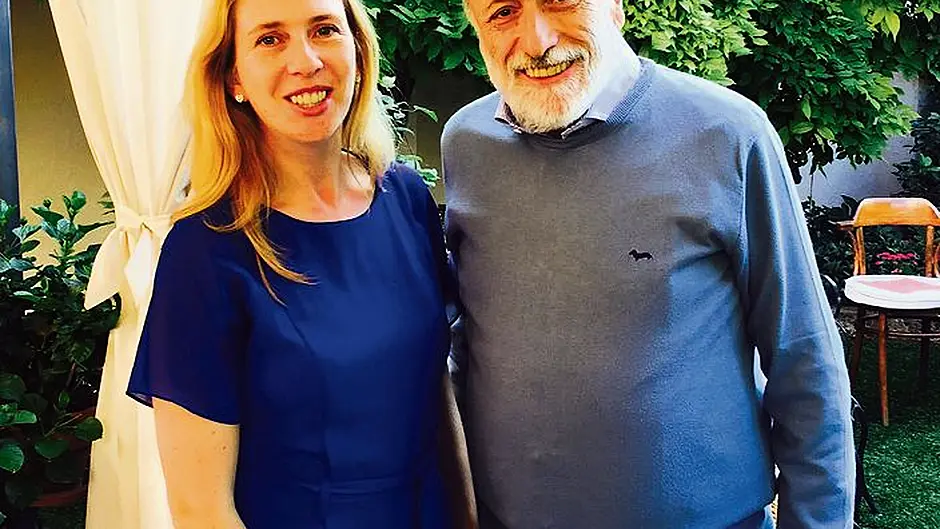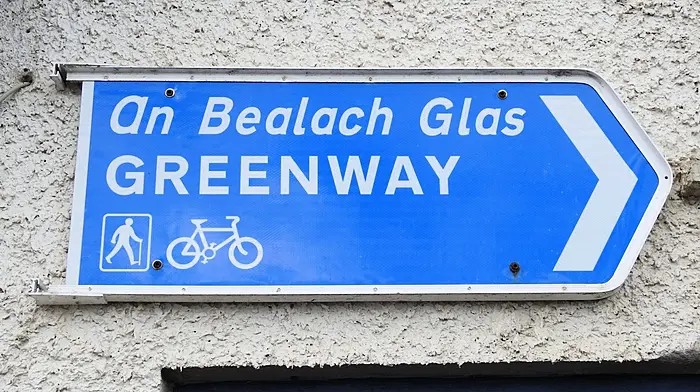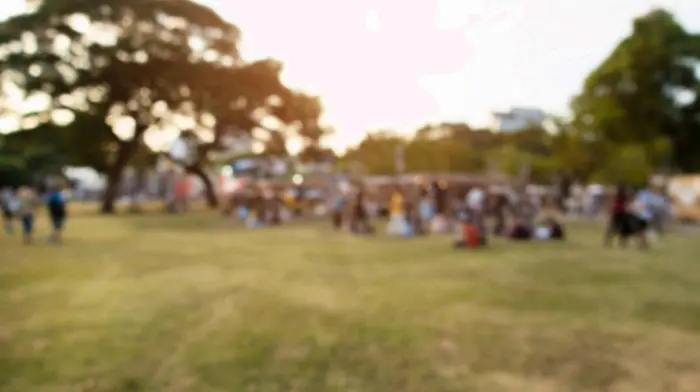Carlo Petrini has been the president of International Slow Food since its creation in Italy in 1989. The charismatic leader's message is clear – all people should access and enjoy food that is good for them, preserves traditional
Carlo Petrini has been the president of International Slow Food since its creation in Italy in 1989. The charismatic leader’s message is clear – all people should access and enjoy food that is good for them, preserves traditional communities and respects the environment. The Southern Star’s Brussels correspondent Rose O’Donovan recently caught up with him in his home in Bra (Northern Italy) to talk about the development of the movement and his vision of an alternative food system.
BORN in the Italian province of Cuneo in the commune of Bra in 1949 – around 30 miles south of Turin – Carlo Petrini first rose to prominence in the 1980s for his opposition to the opening of the fast food chain McDonald’s near the Spanish Steps in Rome.
Speaking with The Southern Star’s Rose O’Donovan on September 17th – the second day of Slow Food’s Cheese 2017 – the 68-year-old Petrini is upbeat as the 20th edition of the international food festival has been one of the most successful ever, attracting over 200,000 people to the small city of Bra. In between interviews with the press, live broadcasts on CNN and public lectures on sustainable food production methods, he told the story of how Slow Food was born in his sun-filled courtyard garden.
In 1983, he and his friends created the Italian non-profit food and wine association, known as Arcigola, that sought to promote local food and traditional cooking, which became the precursor to the International Slow Food movement. The story goes that he and his friends were having a meal in a restaurant one evening and discovered that the tasteless vegetables on their plates had been imported from the Netherlands.
Taken aback by the lack of quality and taste, as well as the ‘food miles’ travelled, Petrini and his friends decided to work together to promote local artisan producers and the rich food heritage of the Italian Piedmonte region. The simple idea has now grown into a global grassroots network of around 100,000 members in over 150 countries including Jeffa Gill of Durrus Farmhouse Cheese and the Ferguson Family of Gubbeen Cheese.
The Slow Food philosophy is based on a ‘concept of food quality defined by three guiding principles – good, clean and fair,’ Petrini stated. Fresh and seasonal food that is good for your health and is part of local culture, clean food production and consumption that does not harm the environment, animal welfare or human health and accessible prices for consumers and fair working conditions and pay for farmers.
Food production is also linked with ‘many other aspects such as social development, culture, politics, agriculture and the environment,’ he added. The current food production system including the growth of fast food chains is fundamentally flawed, underlining the need to ‘think about food on a global scale.’
‘We must preserve the diversity of fruits, vegetables, seeds and animal breeds and the savoir-faire of farmers, fishermen and processors from all corners of the planet ... this diver sity is an extraordinary heritage for humanity,’ he added.
The former political activist in the communist movement Partito di Unità Proletaria is also a prolific writer at the publishing house Slow Food Editore and contributes weekly columns to a number of Italian newspapers. In October 2004, he founded the University of Gastronomic Sciences in the nearby town of Pollenzo to train students for employment in food and tourism industries and bridge the gap between agriculture and gastronomy. The campus, housed in the impressive Agenzia di Pollenzo a 19th century neo-Gothic palace, is the only Slow Food University in the world. One of Time magazine’s heroes of the year, the energetic Petrini, whose leadership of the organisation has never been contested, gives his heart and soul to the grassroots network. Against a background of climate change, environmental degradation, industrial farming and standardised flavours, Slow Food’s holistic vision towards food is as relevant today as it was 30 years ago, Petrini said, quipping that he stands ready to spread the message for 30 years more.
• Rose O’Donovan is Editor-in-Chief of the Brussels based publication AGRA FACTS and has been following the evolution of European farm policy for over ten years.








